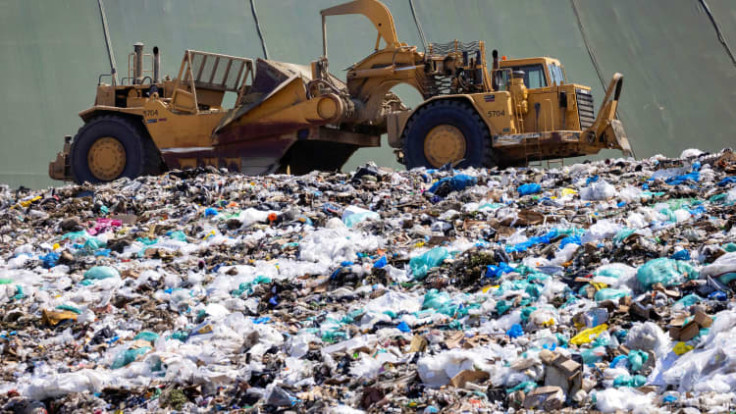UK businesses must do more to adapt to changes in waste industry legislation, says ISB Global
According to ISB Global CEO, many waste companies continue to use outdated IT systems that fail to provide a comprehensive, joined-up view of the waste and emissions generated by both waste management companies and their customers.

UK businesses must do more to adapt to changes in waste industry legislation, according to Chris Williams, founder and CEO of ISB Global, a major waste management company.
Writing in a post on ISB Global's Website, Williams claimed that many waste companies continue to use outdated IT systems that fail to provide a comprehensive, joined-up view of the waste and emissions generated by both waste management companies and their customers.
Williams said that this had resulted in a failure to improve operational performance, cut overheads, and potentially reduce waste and emissions.
Other reports, conducted by the sustainable packaging company, BioPak, encourage the importance of crucial sustainable practices for start-up businesses.
Last week, the chairman of the Environmental Services Association (ESA), Gavin Graveson, called for urgency in introducing the Resources and Waste Strategy reforms, after "political upheaval" at Westminster led to more delays in 2022.
He added that the ESA remain committed to decarbonisation, with Graveson noting that they are on a journey towards net-zero emissions, but there was a lot of work to be done.
The Government claimed that new legislation, introduced in 2021, would encourage these targets to be met.
The UK Environment Act contains a range of commitments for businesses on recycling and the handling, management and disposal of waste that are intended to encourage the adoption of a more circular economic model.
They include:
- Extending producer responsibility to make producers pay for 100% of the cost of disposal of products, starting with plastic packaging
- A deposit return scheme for single-use drinks containers
- Charges for single-use plastics
- Electronic waste tracking to monitor waste movements and tackle fly-tipping
- Regulating shipment of hazardous waste
- Banning or restricting the export of waste to non-OECD countries
The changes in legislation are enforceable by new legally binding environmental targets and overseen by an independent Office for Environmental Protection (OEP), which is intended to hold government and public bodies to account for their environmental obligations.
In his blog post, Williams acknowledged that legislation requires businesses to go through a period of change to meet the new regulations, but suggested that they could be doing more to comply with its conditions.
"More than 12 months since the Act became law, some organisations still need to introduce new methods and processes. This requires companies to devise, implement and monitor a range of individual policies themselves."
However, research by consultancy firm Ricardo found that while the Scottish waste industry was responsible for generating 4.5 million tonnes of CO2, equivalent to 11% of Scotland's greenhouse gas emissions, an earlier survey of the whole UK showed the industry's avoided CO2 outstripped the amount it generated at 49.9 million tonnes and 35.7 million tonnes, respectively.
Ricardo said that factors such as a lower proportion of Scotland's waste going to energy from waste and recycling were likely causes.
This data suggests that UK businesses have made attempts to adapt to waste industry legislation, but Williams believes the requirements are not being met.
He concluded that in order to avoid potential sanctions, businesses must implement a "single centralised, transparent system to properly manage waste and emissions, which will enable them to meet both their own and their customers' legal and regulatory responsibilities."
In other industries, huge strides have been made towards finding innovative solutions to reduce waste. For example, biodegradable yarn, upcycled textiles and plastic bans have helped to increase sustainability in the fashion business.
During the Covid-19 Pandemic, there was a huge rise in the demand for sustainable goods. Global research conducted by the Economist Intelligence Unit found that there was a 71% rise in the popularity of searches for sustainable goods between 2016 and 2021. This shows the importance of a clear sustainability strategy for UK businesses.
© Copyright IBTimes 2025. All rights reserved.






















